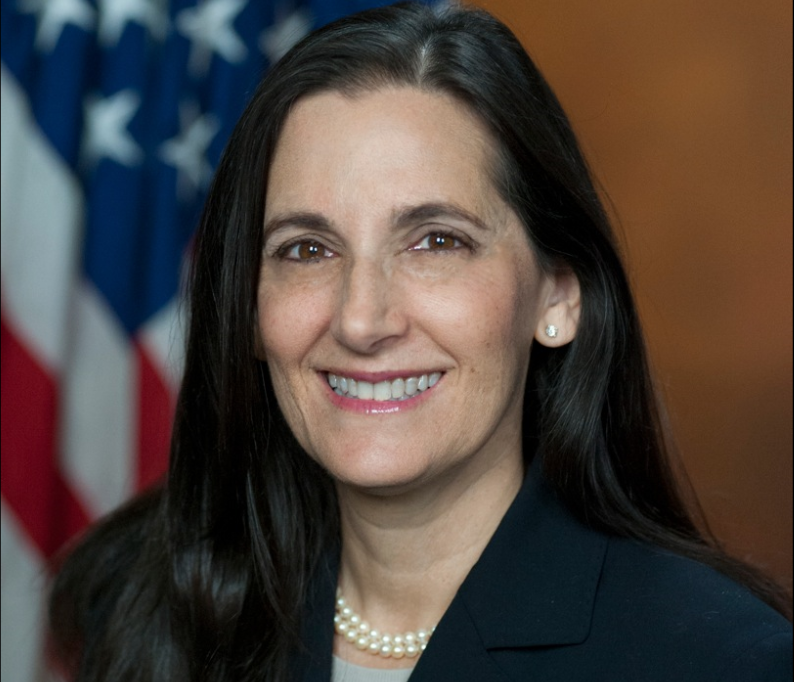By Joyce White Vance

The White House, in conjunction with the Department of Justice, have proclaimed this week National Heroin and Opioid Awareness Week to draw the nation’s attention to the escalating problem we face with opioid abuse, addiction and overdose deaths.
In North Alabama, our awareness has been raised by the stark numbers of overdose deaths we have seen across our communities. In the first six months of this year, 51 people in Jefferson County died of heroin overdose, 46 died of fentanyl overdose and 15 died from an overdose of prescription opioid painkillers, according to the county medical examiner’s office. Fentanyl is a synthetic opioid that can be 50 times more potent than heroin and is sometimes used by dealers to mix with heroin to stretch their supply, raising the lethal stakes for users.
The problem of addiction, most often, does not start with heroin; it starts with the abuse of prescription drugs. Our understanding of how quickly these drugs can addict individuals has advanced in the last few years and doctors in Alabama are in the forefront of those addressing this through changes in prescription practices.
For those who already are or will become addicted to pills, it is critical that we remove the stigma surrounding addiction so they will seek help and treatment before the high cost and difficulty of illegally obtaining prescription drugs drives them to the heroin market.
Heroin is widely available, and too many of our young people are becoming addicted. Opioid overdose deaths continue to climb in our community. Increasingly, as heroin is cut with fentanyl and other substances, we are seeing deaths from those substances on the rise.
What can we do? Law enforcement is committed to continuing the enforcement work that has been a hallmark of federal, state and local collaboration since this problem emerged. During this week, my office will focus on training agents and prosecutors, together, to attack the supply of prescription opiates that are illegally being diverted for non-medical use.
If we are going to make real progress on addiction, though, we need a commitment from the entire community. This is not a problem we can arrest our way out of.
Our community Pills to Needles Initiative is hosting a summit Friday, Sept. 23, at the Harbert Center on Fourth Avenue North in Birmingham, to assess our progress on education, prevention programs and treatment, and to drive continued strategy and action in these areas. The initiative includes educators, business people and concerned community members, along with doctors and other medical professionals, prevention and treatment specialists, and law enforcement.
We encourage anyone interested in attending the summit to register at https://usaoalntraining.org/PillsToNeedles. Attendance is free.
Last year, the Alabama Legislature passed a law allowing police officers, people with addiction and their family members and friends to carry the drug naloxone, also known as Narcan, and administer it to users who have overdosed on opioids. Naloxone, given timely, can reverse the effects of an opioid overdose and restart the victim’s breathing. Naloxone is now available, without a prescription, at many Walgreen’s Pharmacies in Alabama and several independent pharmacies in Jefferson County. Naloxone is also available through the Jefferson County Department of Health Central Health Center for those who, otherwise, have difficulty obtaining it. State Health Officer Dr. Tom Miller recently issued standing orders on the Alabama Department of Public Health website enabling any willing pharmacy in Alabama to sell naloxone without a prescription.
If you’re an employer, you should be aware of the impact that opioid abuse can have on your workforce and the need for education and availability of resources for drug abuse and treatment among your workers. Certainly, an employee’s performance and health will be altered by drug abuse or addiction, but the performance of a worker who is dealing with the effects of a family member’s drug use or addiction also suffers.
The community initiative’s website is www.knowdope.org. It provides information on the connection between prescription pills and heroin, and offers videos that can be shared on social media using the hashtag, #knowdope, to help build awareness and remove stigma from addiction so that people will seek early treatment.
High school sports injuries or pain management for other injuries or surgery shouldn’t lead to heroin addiction. We have the knowledge to prevent and treat addiction and help addicts recover so they can reach their potential and lead successful lives. We need to work together to destigmatize addiction and develop treatment resources. It’s going to require all of us to pull together.
Joyce White Vance is the U.S. Attorney for the Northern District of Alabama.




